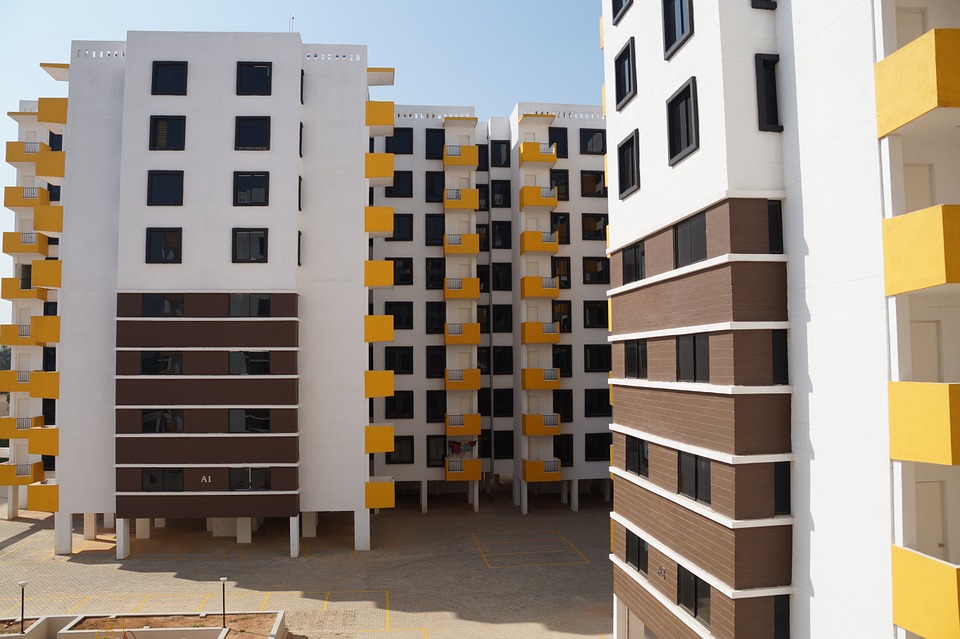About StepUP project
What is StepUP?
Making renovation more attractive and reliable
StepUP project has developed affordable solutions and technologies aimed at transforming the energy renovation market and making the decarbonisation of existing buildings a reliable, attractive and sustainable investment.
The project has done so by developing a new process for deep energy renovation with fast design to operation feedback loops. This reduced the performance gap and optimised investments, while scaling up promising Plug&Play technologies to minimise disruption, as well as maximising impact on energy, costs, and user comfort.
Start-end date
1 August 2019 – 30 April 2024 (57 months)
Funded under
Horizon 2020 programme - H2020-EU.3.3.1.

Objectives

Make renovation more attractive and reliable
New methodology based on near-real time data intelligence to identify cost-optimal, high impact interventions at any stage of the building life.

Reduce the performance gap to 10%
Via a life-cycle software platform to plan renovation, identify solutions to reduce energy consumption, improve IEQ, integrate renewables, and optimise operations through continuous monitoring and verification.

Optimise renovation investments
Development of innovative financing models for integrated optimisation of energy, comfort and cost performance over the building life, based on progressive financing and building performance as a service.

Minimise time on site
Via innovative passive and active technologies to a market-ready modular renovation package of Plug & Play Technologies, including renewable energy generation and storage.

Accelerate the renovation market
Interoperability protocol for renovation solutions, enabling compatibility with the StepUP solutions to allow the integration of third-party market products, fostering an open Plug&Play technological environment accessible to innovative SMEs.
Methodology
An iterative and holistic methodology
At the core of the StepUP project relies an incremental, iterative renovation methodology aimed to cover every phase of the renovation process to make each step more effective, incorporating the stakeholders’ needs at the center.

01
Evaluate the building status
Establish the baseline by collecting data on energy performance, comfort, IEQ
02
Define needs and priorities
Understand the main drivers for renovation from building owners and occupants feedback
03
Set up the renovation process
Identify appropriate design patterns and intervention scenarios and involve the key stakeholders
04
Assess renovation scenarios
Evaluate the impact of various options against needs and priorities
05
Identify key Energy Conservation Measures
Choose a set of high value interventions for the current iteration
06
Choose Plug&Play technologies
Identify which interoperable solutions satisfy the requirements of each ECM for the iteration
07
Deploy interventions
Carry out installations and other onsite work to deploy the Energy Conservation Measures
08
Optimise building operation
Monitor and adjust the ECMs and the overall building performance through feedback loops
Project Progress

 This project has received funding from the European Union’s Horizon 2020 research and innovation programme under grant agreement no. 847053.
This project has received funding from the European Union’s Horizon 2020 research and innovation programme under grant agreement no. 847053.
This website reflects only the author’s views. The European Climate, Infrastructure and Environment Executive Agency is not responsible for any use that may be made of the information it contains.
